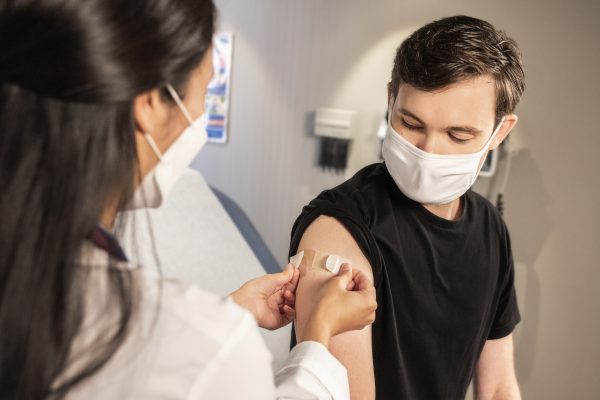Highlights
SSRS has led data collection and oversight efforts for the International Health Policy (IHP) Surveys on behalf of the Commonwealth Fund since 2013. In 2020 and 2021, amidst the COVID-19 pandemic, SSRS oversaw data collection in the US and 10 other countries (Australia, Canada, France, Germany, the Netherlands, New Zealand, Norway, Sweden, Switzerland, and the UK).
Challenge
Through a triennial cycle focusing on differing populations each year, SSRS works to achieve the International Health Policy Survey’s main goal of collecting, integrating, and comparing health-information and healthcare experiences from up to 11 difference countries. Whether reaching the general population and gauging affordability of care, interviewing older adults about their access to care for chronic conditions, or engaging primary care physicians on their workload and degree of burnout, SSRS employs a variety of methodologies and sampling techniques to produce meaningful response data that are ultimately used by country governmental health bureaus and advocacy organizations.
Approach
In reaching both the general population of adults 18+ and older adults across the countries included in the International Health Policy Surveys, SSRS typically employs ABS and RDD sampling frames, to produce the most representative and cost-effective results. Several country partners also contract with SSRS to complete oversamples, which make possible geographical within-country analyses for a host of stakeholders, SSRS utilizes responsive designs that adjust for differing levels of response and integrate sample-sources.
Results
SSRS and our data-collection partners completed 20,615 interviews in the US and other countries for the 2020 wave of the International Health Policy Survey, with a total of eight oversamples being conducted across regions, states, and provinces in Australia, Canada, and the UK. Given that the 2020 survey of the general population was fielded during the early months of the pandemic, SSRS worked with multiple stakeholders to develop, launch, integrate, and analyze results for a COVID-19 supplement to the established survey instrument, which provided timely data comparing the health experiences of adults across the 11 countries. The survey showed that lower-income Americans were the sickest and more likely to be worried about being able to afford basic necessities such as food or housing. SSRS and our data-collection partners conducted 14,180 interviews among older adults in the 2021 wave of the study, with similar geographical oversamples being conducted across Australia, Canada, and the UK. The 2021 survey of older adults similarly showed that seniors in the US faced greater economic hardship and health care disruptions during the pandemic than older adults in other countries.







